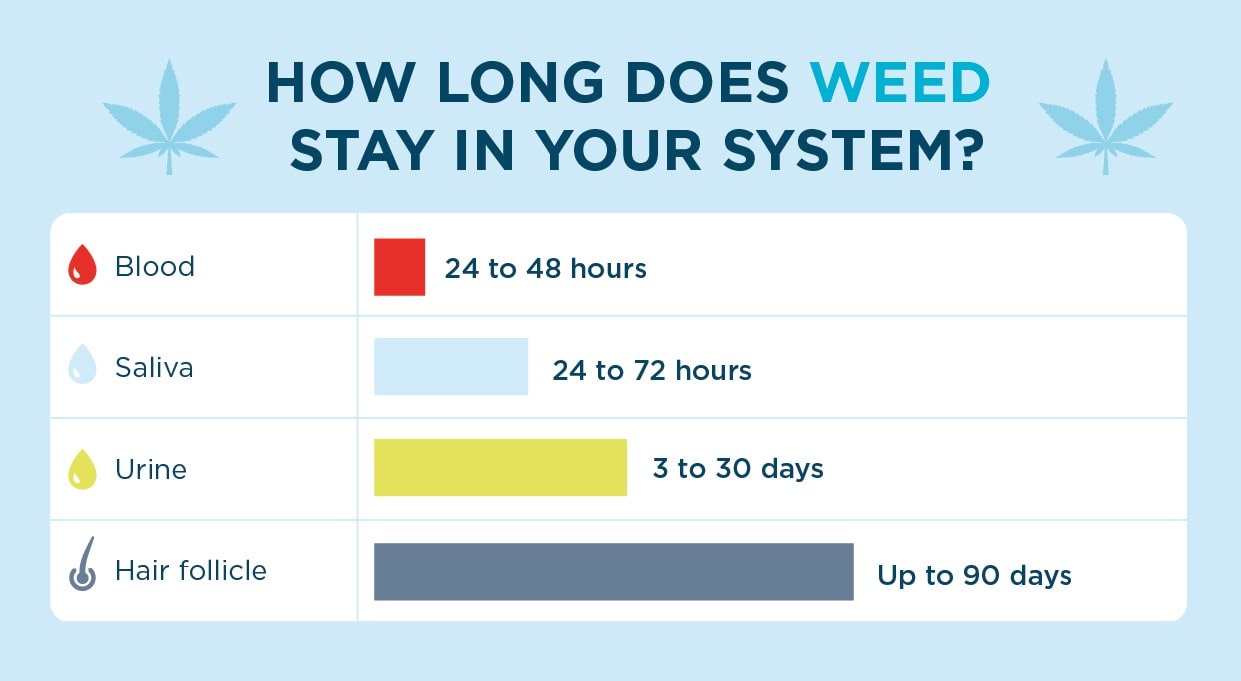Cannabis withdrawal and detox: what to expect and how to manage it
Cannabis withdrawal can lead to uncomfortable physical and psychological symptoms, which can be best managed with professional detox in a safe and supportive environment.
When you stop using cannabis, your body and mind go through withdrawal as they adjust to functioning without tetrahydrocannabinol (THC), the drug’s active ingredient.
Withdrawal can lead to unpleasant physical and psychological symptoms, which can increase the risk of relapse.
Some people stop abruptly (also known as ‘going cold turkey’) while others gradually reduce or taper off their use of cannabis. Attempting either of these alone can lead to relapse and be challenging due to withdrawal symptoms. Medically assisted detox is the safest and most effective option for successfully quitting cannabis.
For many people, detox (eliminating THC from your system) is the first step in overcoming cannabis addiction. But addressing the psychological, behavioural and emotional aspects of addiction is just as important for long-term recovery.
Professional support services, such as Priory, can offer specialist therapeutic and holistic interventions, as well as detox where appropriate, depending on your individual needs and circumstances.
Withdrawal symptoms and their severity vary from person to person, but most people experience a general pattern when quitting cannabis:
Withdrawal symptoms typically start within 24 to 48 hours after you last took cannabis. Early signs may include sleep problems, anxiety, headaches and reduced appetite.
Sleep disturbances can be especially difficult to cope with and may lead to relapse if not managed appropriately.
Physical and psychological withdrawal symptoms reach their peak as the body continues to cleanse the system of THC. Severe mood disturbances, anxiety and sleep problems can lead to strong cravings.
Physical symptoms, including sleep and appetite issues, start to subside. Some psychological symptoms, such as brain fog, may persist, but anxiety and mood disturbances generally start to ease.
Cravings may be less intense but can linger for several weeks, especially if you were a regular user or used cannabis to self-medicate.
Developing healthy coping strategies and routines can help you to better manage persisting withdrawal symptoms.

Cannabis withdrawal can feel unpleasant, and you may experience a range of physical and psychological symptoms that can be difficult to manage alone.
The severity of symptoms can increase if you:
Common withdrawal symptoms of cannabis include:
Detoxing from cannabis without medical support can be risky and isn't recommended. Safely managing withdrawal is a process that’s best overseen by professionals in an environment designed to provide the care and support you need throughout.
You should consider a cannabis detox if you:
Drug detox is a medical process that helps you to manage withdrawal symptoms and reduce the risk of relapse, putting you on a path to long-term recovery.
A detox is the process of cleansing THC (the psychoactive ingredient chemical in cannabis) from your system and typically lasts 7 to 10 days. While there are no specific medications for cannabis withdrawal, doctors may prescribe sleep aids, anti-anxiety medication, or antidepressants to make withdrawal as comfortable as possible.
At Priory, detox takes place on an inpatient basis, where you’ll receive round-the-clock care from a team of experienced professionals in a safe and supportive setting. Medically assisted detox can be provided through our Transform 28, Foundations 16, Flourish 14+ and Reset 7/10 addiction treatment services.
Once the detox process is complete, some people may go on to take part in further treatment to explore the underlying causes and triggers of their cannabis use. If appropriate, we can support you with the next steps to help maintain progress and reduce the risk of relapse.
Detox can be a vital early step in your recovery journey, but it’s not always the full picture. To maintain progress, many people benefit from further support that helps them understand the reasons behind their cannabis use and build healthy coping strategies for the future.
For those receiving inpatient treatment, cannabis detox typically lasts 7 to 10 days as part of a 28-day addiction treatment programme.
If ongoing support is needed, you may benefit from day care, outpatient therapy or online support, depending on your needs. This can include one-to-one therapy such as cognitive behavioural therapy (CBT), peer support groups, and 12-step approaches like Marijuana Anonymous. Many of our programmes also offer 12 months of aftercare, which may include therapy, relapse prevention sessions and family support.
Recovery is also supported by positive lifestyle changes. Activities such as exercise, hobbies, mindfulness and relaxation techniques can help replace old habits and support long-term wellbeing.